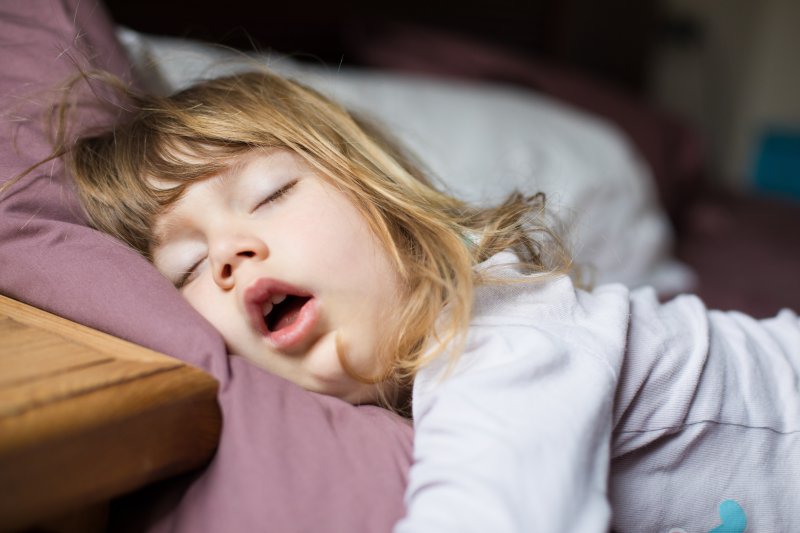
You already know about the negative effects that smoking has on your body, but did you know that it can affect the people around you as well? Secondhand smoke can have all sorts of dangerous side effects – especially for younger children. In fact, secondhand smoke may increase children’s risk of obstructive sleep apnea. This disorder keeps them from getting the quality sleep they need to thrive. Continue reading to learn more about obstructive sleep apnea and how secondhand smoke plays a role.
How Does Obstructive Sleep Apnea Work?
If your child has obstructive sleep apnea, this means that they stop breathing multiple times throughout the night due to their airway being blocked. This causes a drop in oxygen levels which can be harmful. When breathing is interrupted, they wake up so they can get the breath of air they need. When this happens frequently throughout the night, they aren’t getting the quality sleep they need.
How Are Secondhand Smoke and Sleep Apnea Related?
Sleep apnea is not very common in children. It only affects about 4% of kids. However, according to a study published by the International Journal of Pediatric Otorhinolaryngology, the odds of children between the ages of 3 and 18 developing sleep apnea became much higher if they were also exposed to secondhand smoke. It is unknown exactly why this is the case, but the correlation is there.
How Can I Tell If My Child Has Sleep Apnea?
The only way to know for sure if your child has sleep apnea is for them to undergo a sleep study. For this test, a special device is used to monitor their vital signs while they sleep. This way, their condition can be narrowed down and a diagnosis can be made. However, even if your child hasn’t been diagnosed, there are some signs to look out for. You may want to consider taking your child to see a sleep dentist if they have the following symptoms:
- Snoring, often with pauses, snorts, or gasps between breaths
- Heavy breathing while asleep
- Restless sleep
- Bedwetting (especially for children who were previously dry at night)
- Daytime sleepiness
- Behavioral problems
If you notice that your child could be struggling with sleep apnea, it pays to get them checked out. By eliminating secondhand smoke at home and exploring other solutions, your child can catch some quality Z’s!
About the Author
Dr. Jeff Rodgers has been in private practice for over 20 years and specializes in dental sleep medicine. Currently, he is a Diplomate of the American Board of Dental Sleep Medicine (ABDSM) and the American Sleep and Breathing Academy (ASBA). Dr, Rodgers is a board-certified sleep expert and treats patients who suffer from sleep-breathing disorders at his practice in Dunwoody. To learn more about sleep apnea or to schedule an appointment for your child, visit his website or call (770) 394-4310.
